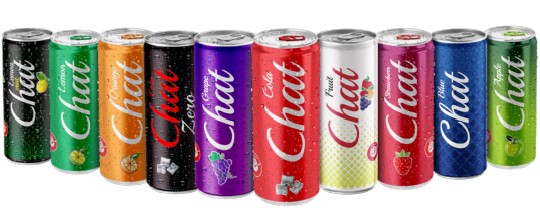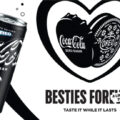Chat Cola, with its red can and Coca-Cola-like design, has gained much popularity in the West Bank throughout 2024. Many Palestinians, angered by U.S. support for Israel in its conflict with Hamas, have decided to boycott U.S. brands. It is a clear message from the citizenry that still retains some power. The power to spend their money on the products they want. A simple change in habits has affected brands such as McDonald’s, KFC and Starbucks, whose sales fell in the region.
In the West Bank, the boycott has also closed some KFC branches, but the most notable change has been the rise of Chat Cola. Retailers have begun putting cans of Coke on low shelves or removing them altogether.
Chat Cola sales increased by 40% in 2024. Although the companies do not have exact market data, evidence suggests that Chat Cola has been gaining ground against Coca-Cola.
However, the employees of Coca-Cola’s West Bank franchisee, the National Beverage Company, are Palestinians and are also affected by the boycott. The company, while not detailing the impact of the boycott, noted that the economic downturn in the West Bank and Israeli security controls have also affected its operations.
Despite all this, the boycott reflects a growing political awakening in the region, where even universities such as Birzeit have stopped ordering Coca-Cola.
Chat Cola, which was born in 2019 as a family-owned company, has ridden this wave of support for local consumption. It is now expanding its production, including in Jordan, and has launched new flavors such as blueberry, strawberry and green apple.
While the boycott has a strong component of solidarity with the Palestinians, the company also makes sure to offer a quality product, similar to the taste of Coca-Cola. In fact, the National Beverage Company sued Chat Cola in 2020 for allegedly imitating the design of the cans, but the Palestinian court ruled in its favor.






